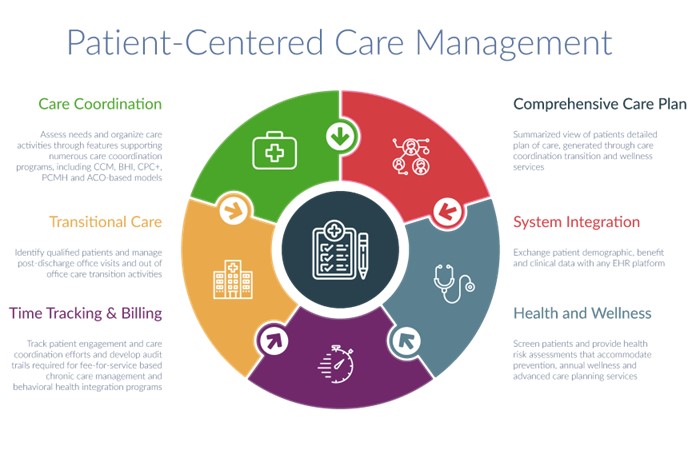A client states that he is Muslim.
The client has type two diabetes mellitus and has been prescribed a long-acting insulin.
The client says that he fasts for Ramadan.
Educate the client that fasting is not an option.
Tell the client not to take his insulin the night before.
Inform the client that he will need to change his lifestyle completely.
Collaborate with the client and provider to develop a client-centered plan of care.
The Correct Answer is D
Collaborate with the client and provider to develop a client-centered plan of care.
It is important for the nurse to respect the client’s cultural and religious beliefs while also ensuring that his medical needs are met.
By collaborating with the client and his healthcare provider, the nurse can help develop a plan of care that takes into account the client’s desire to fast during Ramadan while also managing his diabetes.

Choice A) Educating the client that fasting is not an option is not respectful of the client’s beliefs and may not be effective in promoting adherence to treatment.
Choice B) Telling the client not to take his insulin the night before is not appropriate as it may result in uncontrolled blood sugar levels.
Choice C) Informing the client that he will need to change his lifestyle completely is not a client-centered approach and may not be effective in promoting adherence to treatment.
Nursing Test Bank
Naxlex Comprehensive Predictor Exams
Related Questions
Correct Answer is B
Explanation
A surgical sponge left in a client’s incision is a “never event”.
A “never event” is a serious, largely preventable safety incident that should not occur if the available preventative measures are implemented1.
These events include things like wrong-site surgery or foreign objects left in a person’s body after an operation2.
Choice A is incorrect because no blood incompatibility during a blood transfusion is not a “never event”.
Choice C is incorrect because a client falling in their own home is not a “never event”.
Choice D is incorrect because inserting a urinary catheter before surgery is not a “never event”.
Correct Answer is D
Explanation
The best intervention by the nurse to prevent further skin and tissue breakdown on a reddened area on a client’s right heel is to relieve pressure from the right heel1.
Heels are particularly vulnerable to skin breakdown and when patients lie supine, all of the pressure of their lower legs and feet rest on the heels1.
Preventing heel ulcers primarily involves the use of simple devices, like pillows and offloading devices, to protect delicate heels1.
Choice A is not correct because documenting the reddened area alone will not prevent further skin and tissue breakdown.
Choice B is not correct because asking the client how the area became reddened alone will not prevent further skin and tissue breakdown.
Choice C is not correct because assessing the client’s diet alone will not prevent further skin and tissue breakdown.
Whether you are a student looking to ace your exams or a practicing nurse seeking to enhance your expertise , our nursing education contents will empower you with the confidence and competence to make a difference in the lives of patients and become a respected leader in the healthcare field.
Visit Naxlex, invest in your future and unlock endless possibilities with our unparalleled nursing education contents today
Report Wrong Answer on the Current Question
Do you disagree with the answer? If yes, what is your expected answer? Explain.
Kindly be descriptive with the issue you are facing.
